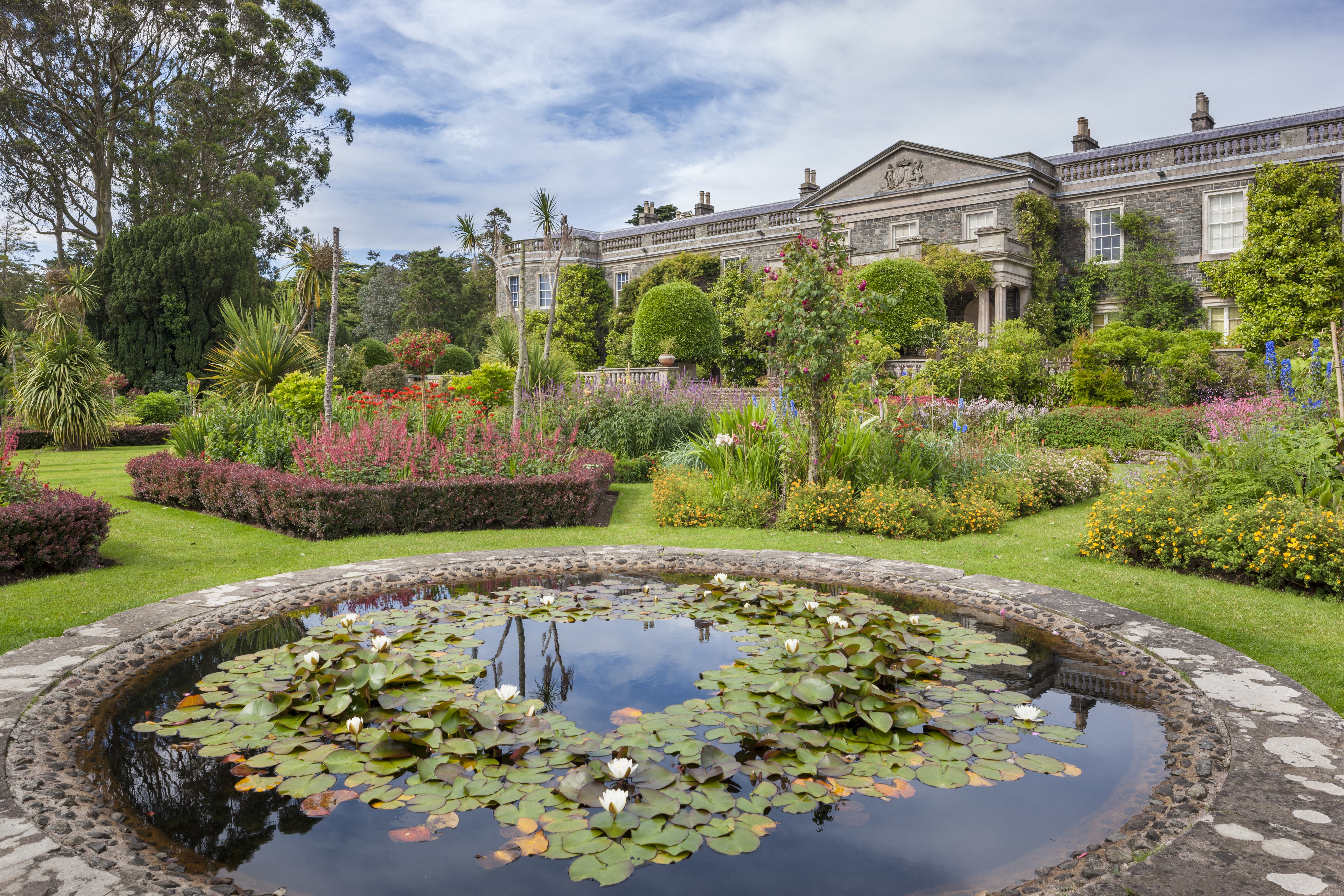Award for ‘exemplary’ efforts to cope with climate change at historic garden
The National Trust’s plans for Mount Stewart include creating new garden in the ‘spirit’ of formal gardens likely to be lost to sea level rise.

Your support helps us to tell the story
From reproductive rights to climate change to Big Tech, The Independent is on the ground when the story is developing. Whether it's investigating the financials of Elon Musk's pro-Trump PAC or producing our latest documentary, 'The A Word', which shines a light on the American women fighting for reproductive rights, we know how important it is to parse out the facts from the messaging.
At such a critical moment in US history, we need reporters on the ground. Your donation allows us to keep sending journalists to speak to both sides of the story.
The Independent is trusted by Americans across the entire political spectrum. And unlike many other quality news outlets, we choose not to lock Americans out of our reporting and analysis with paywalls. We believe quality journalism should be available to everyone, paid for by those who can afford it.
Your support makes all the difference.Plans to cope with climate change at Mount Stewart in Northern Ireland – including recreating its renowned gardens out of the path of rising sea levels – have won a European award.
The National Trust says the rare late Arts and Crafts garden that it cares for, created by Edith, Lady Londonderry, in the early 20th century, is “extraordinary”, but is threatened by climate change.
Warmer summers, wetter winters and rising sea levels are already affecting the gardens, which are set on the shore of Strangford Lough, a sea lough in County Down.
And modelling shows that Mount Stewart’s most famous area, its formal gardens, will be underwater within 100 years, the Trust said.
The property’s garden team is making detailed plans for the future, including maintaining the historic “sea plantation” – a shelter belt of woodland that protects the site – and introducing plants that are more resilient to windy, salty conditions.
These will include native plants as well as fast-growing species from Chile, South Africa, New Zealand and the eastern seaboard of the US.
And with the formal gardens expected to be slowly consumed by both saltwater and rainwater in the coming decades, there are plans to create a new garden in the “spirit” of the existing planting, further from the lough.
Head gardener Mike Buffin said: “Over time, we’ll create a new garden in the spirit of the existing formal gardens, further into the estate.
“We’ll use trigger points, such as storm events, to guide our decisions, and propagate significant at-risk plants so they can be planted in a new, safer location.
“This way, people can continue to enjoy the character and beauty of these unique gardens for generations to come.”
The work by the National Trust has been hailed as “exemplary” by judges from the European Garden Heritage Network and the Schloss Dyck Foundation, a centre for garden design and landscape culture.
It has been awarded first prize for climate mitigation measures in parks or gardens in the European Garden Award, with the judges saying the research carried out at Mount Stewart will be important not only for the National Trust but for many other gardens.
The conservation charity warns that climate change is the biggest single threat to the places in its care.
National Trust director of gardens and parklands Andy Jasper said: “The outstanding work that Mike, his team and partners are doing at Mount Stewart shows how seriously the Trust is taking climate adaptation.
“We don’t have all the answers, but we know the likely impacts and that the time to act is now.”
He added: “It’s our responsibility to make sure that extraordinary gardens like the one at Mount Stewart have a future and can keep enriching the lives of everyone who visits.”
The research being carried out at Mount Stewart into the effects of climate change will be important not only for the National Trust but for many other gardens
Jens Spanjer, director of the Schloss Dyck Foundation and a jury member, said: “Horticultural professionals and garden lovers across Europe value the National Trust’s exceptional work on behalf of the heritage and intrinsic value of parks and gardens.
“The research being carried out at Mount Stewart into the effects of climate change will be important not only for the National Trust but for many other gardens.”
Jacob Fischer, partner at Denmark-based LYTT Architecture and also a jury member, said: “What is being done at Mount Stewart is exemplary and will certainly inspire and guide work in other gardens.”